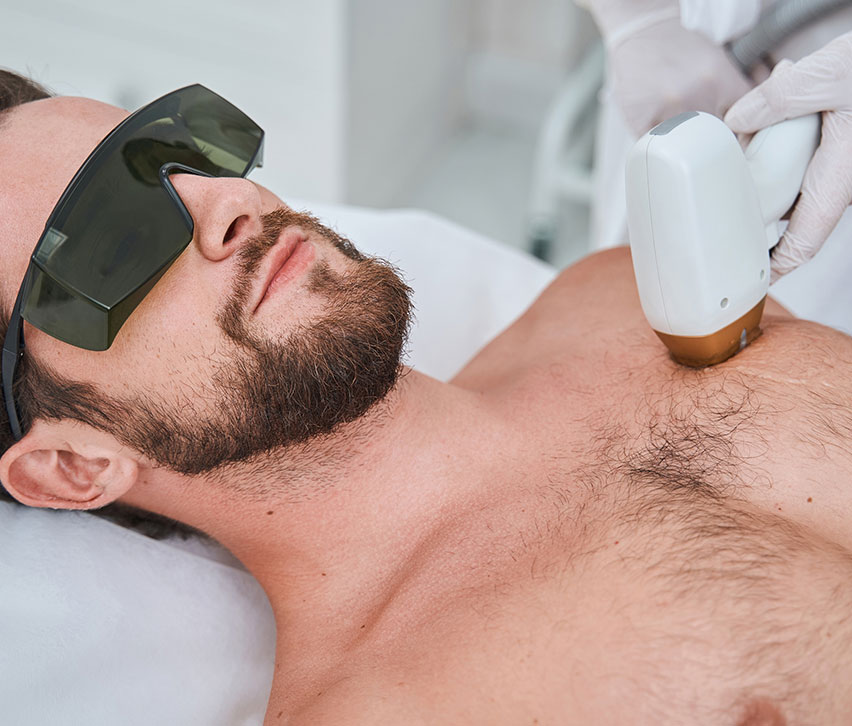
Rosacea Treatment
Rosacea Dermapen Treatments
The Dermapen 4™ device creates flawless, virtually pain-free, micro-channels which activate the skin’s self-rejuvenation function. As your skin heals, it promotes the production of collagen to re-densify and fortify the tissue.
Frequently Asked Questions
Rosacea is a chronic skin condition characterized by redness, visible blood vessels, and often small, pus-filled bumps on the face. It typically affects the central part of the face, including the cheeks, nose, forehead, and chin.
The exact cause of rosacea is not known, but it is believed to involve a combination of genetic, environmental, and vascular factors. Triggers such as sun exposure, certain foods, alcohol, and temperature changes can exacerbate symptoms.
Rosacea can affect people of any age, but it is more commonly seen in fair-skinned individuals with a family history of the condition. Women are also more frequently affected, but men with rosacea often experience more severe symptoms.
Common symptoms of rosacea include facial redness, visible blood vessels (telangiectasia), flushing, burning or stinging sensations, and the development of small, red bumps or pustules.
No, rosacea is not contagious. It cannot be spread from person to person through physical contact.
There is no known cure for rosacea, but the condition can be managed effectively with appropriate treatments and lifestyle changes.
Treatment options for rosacea include topical medications (e.g., metronidazole, azelaic acid), oral antibiotics, laser therapy, and lifestyle modifications to identify and avoid triggers. A dermatologist can help determine the most suitable treatment plan.
While rosacea cannot be prevented, individuals with the condition can manage their symptoms by avoiding known triggers, using sunscreen to protect the skin from UV rays, and following a gentle skincare routine.
Yes, untreated rosacea can worsen over time, leading to more severe symptoms and potentially causing permanent skin changes, such as thickening of the nose (rhinophyma). Early diagnosis and treatment can help prevent progression.
Yes, certain foods and beverages, such as spicy foods, alcohol, hot beverages, and foods high in histamines, can trigger or worsen rosacea symptoms in some individuals. Identifying and avoiding personal triggers is part of managing the condition.


